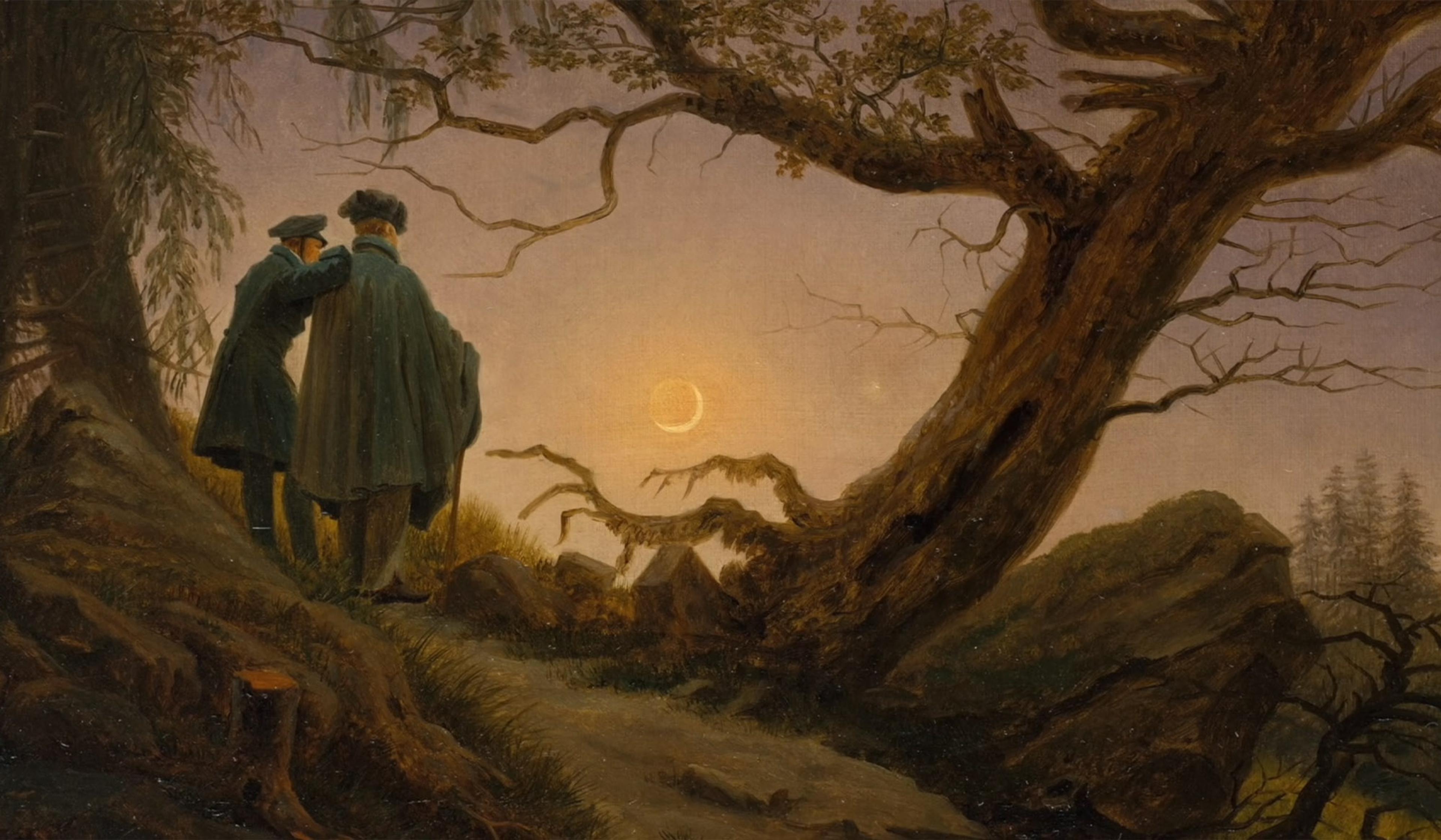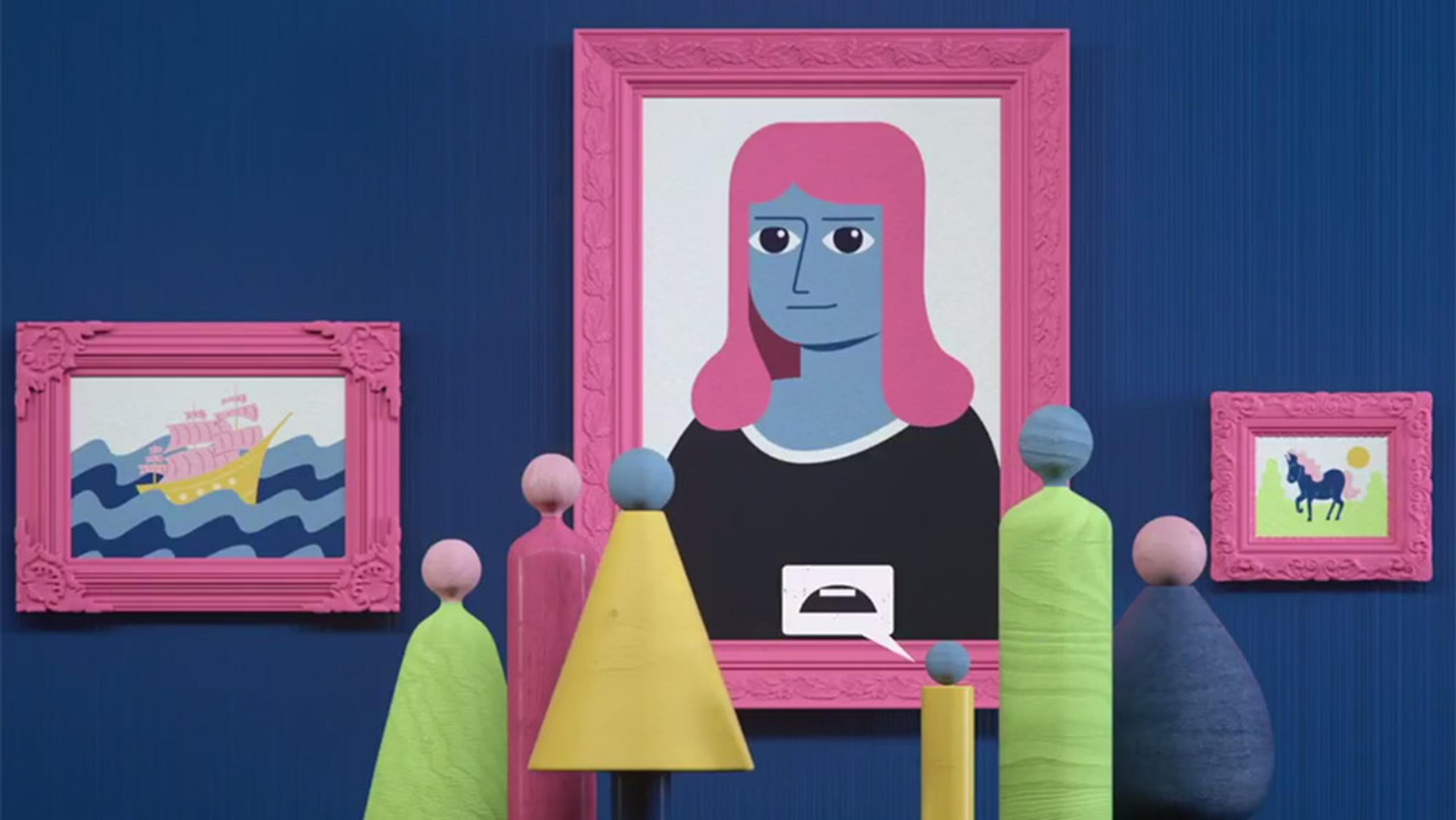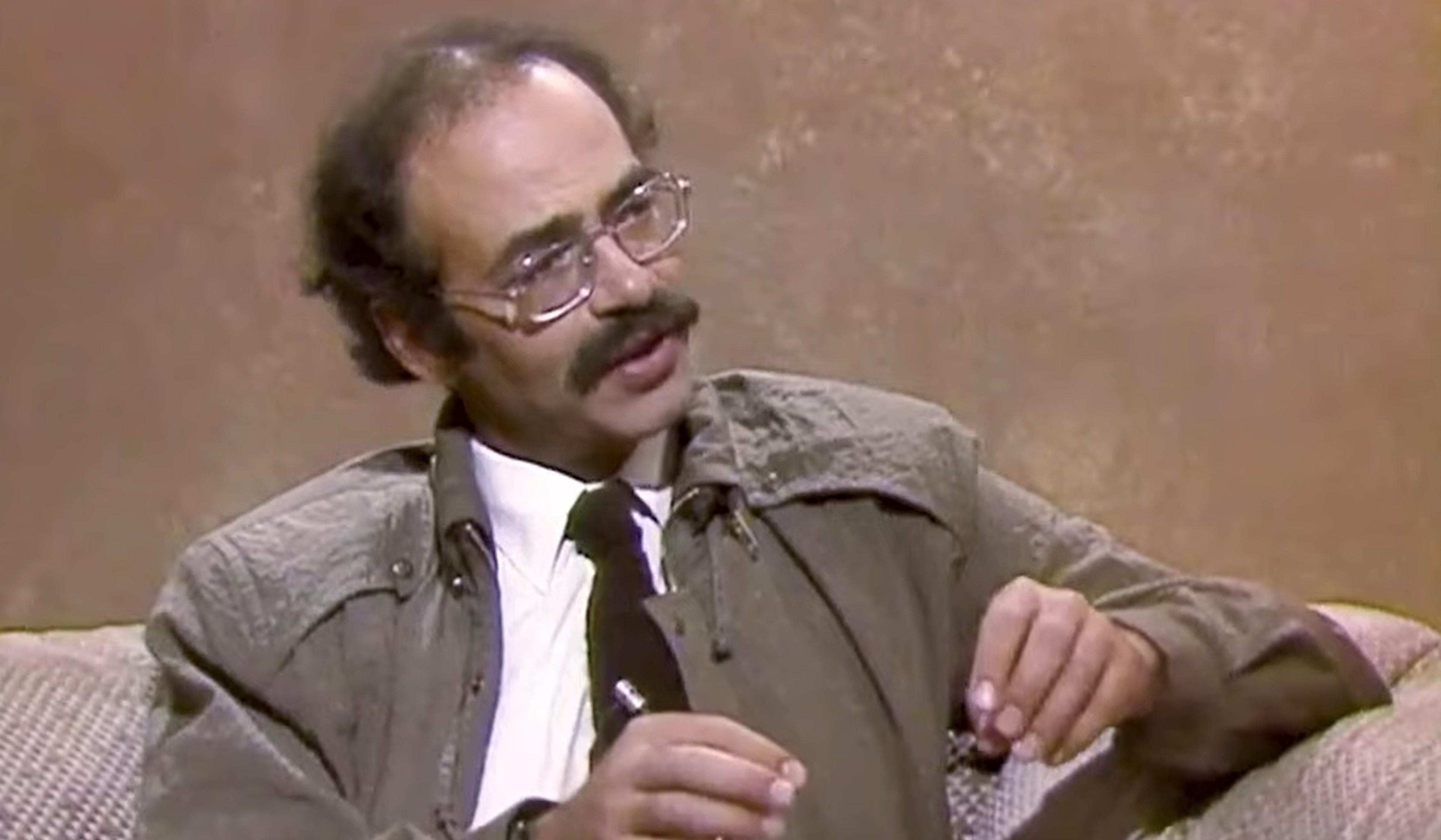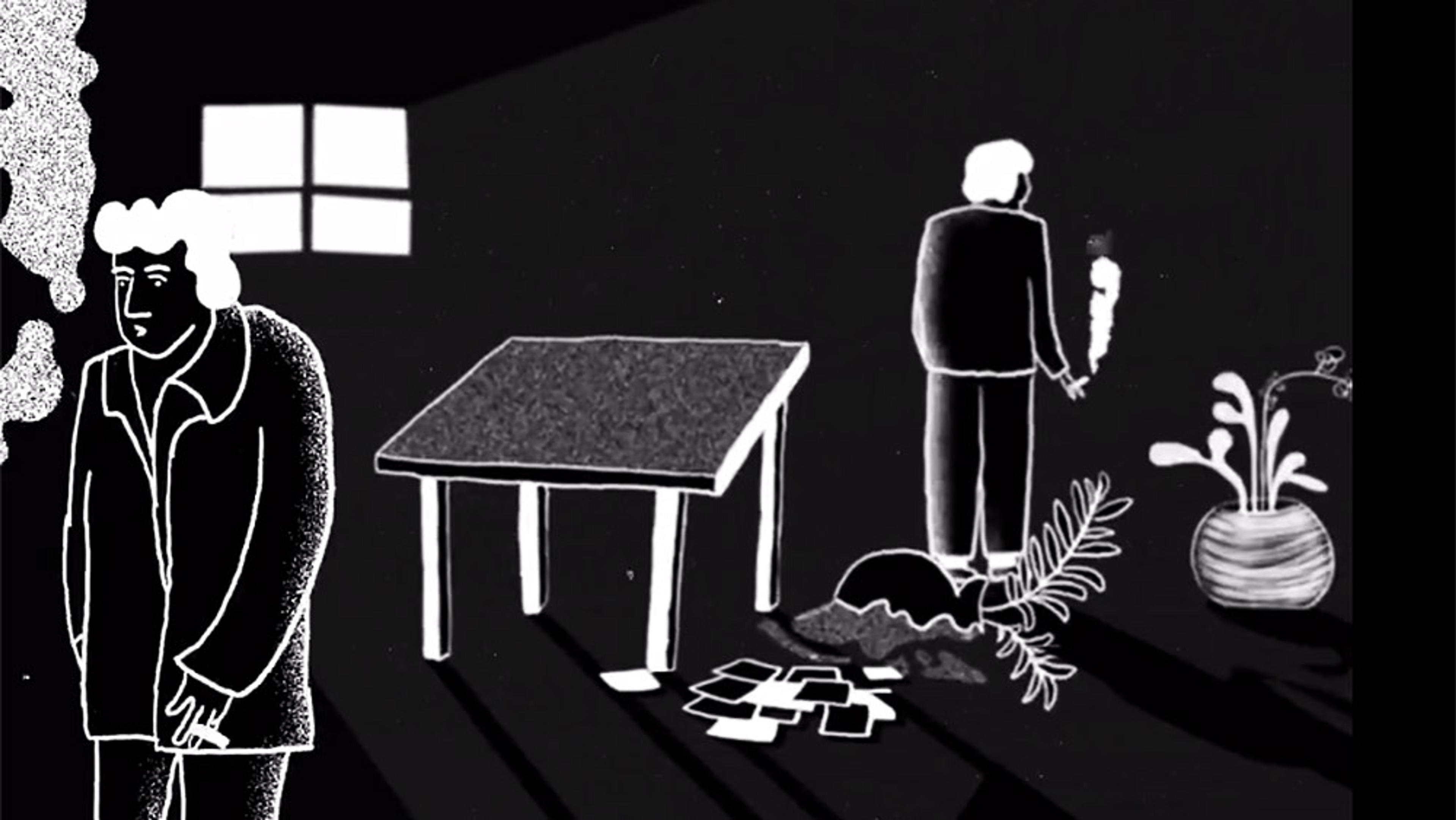Following the Age of Enlightenment’s emphasis on empiricism, Romantic historians such as the French writers Augustin Thierry (1795-1856) and Jules Michelet (1798-1874) viewed human emotion as vital to – and inexorably part of – constructing meaningful renderings of history. This piece from the UK video essayist Lewis Waller offers a brief intellectual history at the nexus of Romanticism and historiography. From there, Waller makes the case that, by rejecting the possibility of objective detachment from historical facts and embracing feelings and narrativisation, these Romantic thinkers built more ‘truthful’ histories than empiricists.
Why Romantic historians acknowledge the human feelings behind the facts
Video by Then & Now
Director: Lewis Waller

videoHistory of ideas
What can the Romantics teach us about confronting modern problems?
20 minutes

videoMood and emotion
Reason might be our puppet master but only after emotions tug on the strings
3 minutes

videoBeauty and aesthetics
Why Caspar David Friedrich pits nature’s grandeur against the humble human
7 minutes

videoVirtues and vices
Why Jean-Jacques Rousseau and Adam Smith were divided on the virtues of vanity
5 minutes

videoHistory of ideas
For proof that love is timeless, consider how long philosophers have debated it
6 minutes

videoThinkers and theories
‘Defend love as a real, risky adventure’ – philosopher Alain Badiou on modern romance
15 minutes

videoNeuroscience
On the ‘beholder’s share’ – how past experience influences our perception of art
5 minutes

videoHistory of ideas
Peter Singer charts the path from Hegelian philosophy to Marxist revolution
43 minutes

videoHistory of ideas
How did the 20th century’s most glamorous intellectual friendship go wrong?
3 minutes